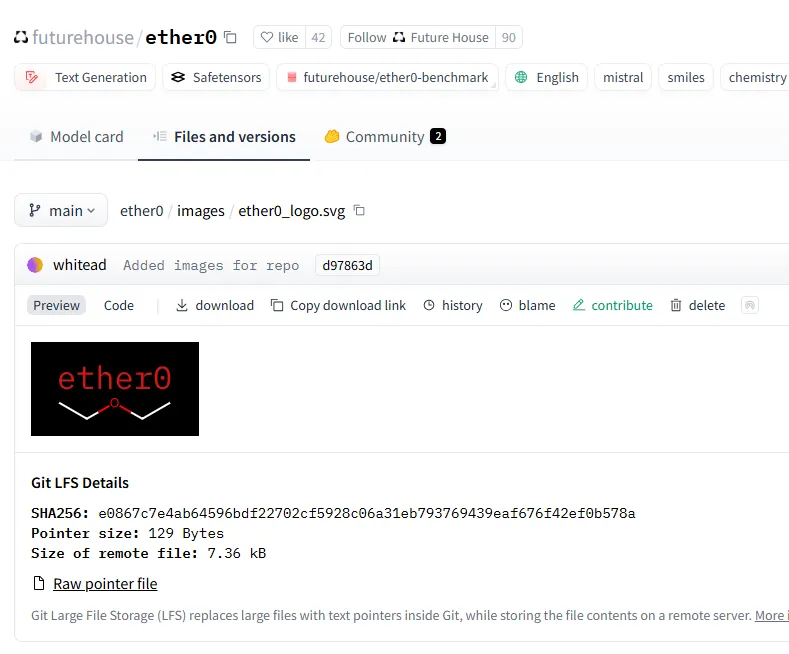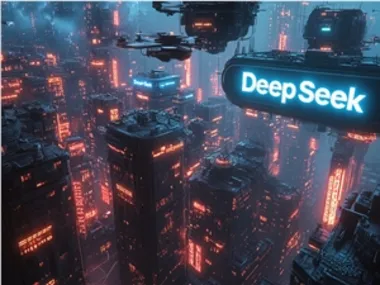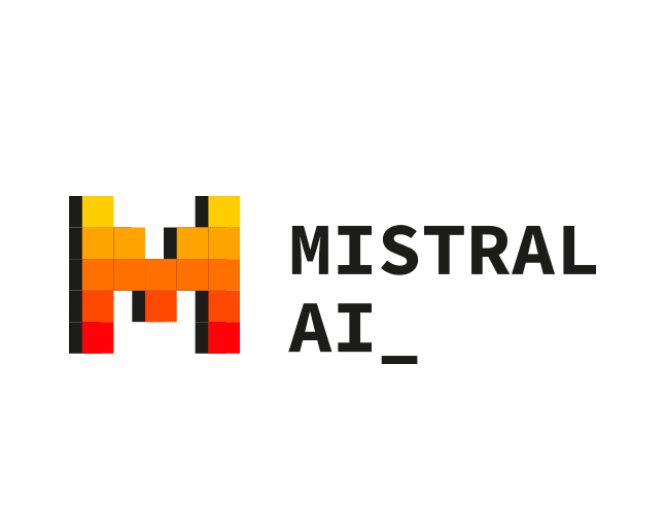In the field of artificial intelligence, research on large models continues to advance, particularly in improving reasoning capabilities. Recently, FutureHouse, a startup funded by former Google CEO Eric Schmidt, has open-sourced a chemical task reasoning model named ether0, with a parameter scale as high as 24 billion. This model demonstrates strong domain-specific capabilities in chemistry without requiring additional pre-training in specific fields, achieving remarkable results through post-training techniques while significantly reducing data requirements compared to traditional field-specific models.
The application of reasoning models goes beyond simple multiple-choice tests. The FutureHouse team aims to change this situation with ether0, promoting in-depth research in scientific reasoning. To build this model, the research team extracted chemical experiment data from numerous academic papers, tracked molecular characteristics such as solubility and odor, and converted this data into verifiable scientific questions.

Ether0 is based on the Mistral-Small-24B architecture, trained using reinforcement learning, and processed 640,730 chemical problems related to experimental data, covering 18 tasks including synthetic feasibility, blood-brain barrier permeability, and odor analysis. To enhance the model's performance, the research team introduced technologies such as reasoning behavior distillation and dynamic curriculum learning.
In terms of performance evaluation, ether0 was compared with various general large language models (such as Claude, o1) and specialized chemical models (such as ChemDFM, TxGemma). The results showed that ether0 achieved the highest accuracy in the open-answer (OA) category and also demonstrated strong competitiveness in multiple-choice questions (MCQ). In some tasks, its accuracy even exceeded that of competitors by more than double.
Additionally, ether0 shows significant advantages in training costs. Traditional non-reasoning models require over 50 times more data to achieve similar reaction prediction accuracy. Although ether0 cannot be cross-validated with other models or human performance in independent benchmark tests, it can effectively reason about molecular structures it has not been trained on.
In summary, ether0 can understand natural language questions, reason through natural language, and generate molecular structures, especially excelling in drug-like molecule design. Despite still being in the prototype stage, it has laid a solid foundation for building general scientific reasoning models in the future.
Key Takeaways:
🌟 Ether0 is a 24-billion-parameter open-source chemical reasoning model from FutureHouse.
📈 The model outperforms leading models like GPT-4.1 and DeepSeek-R1 in accuracy across multiple tasks.
💰 Training ether0 requires significantly less data compared to traditional non-reasoning models.



